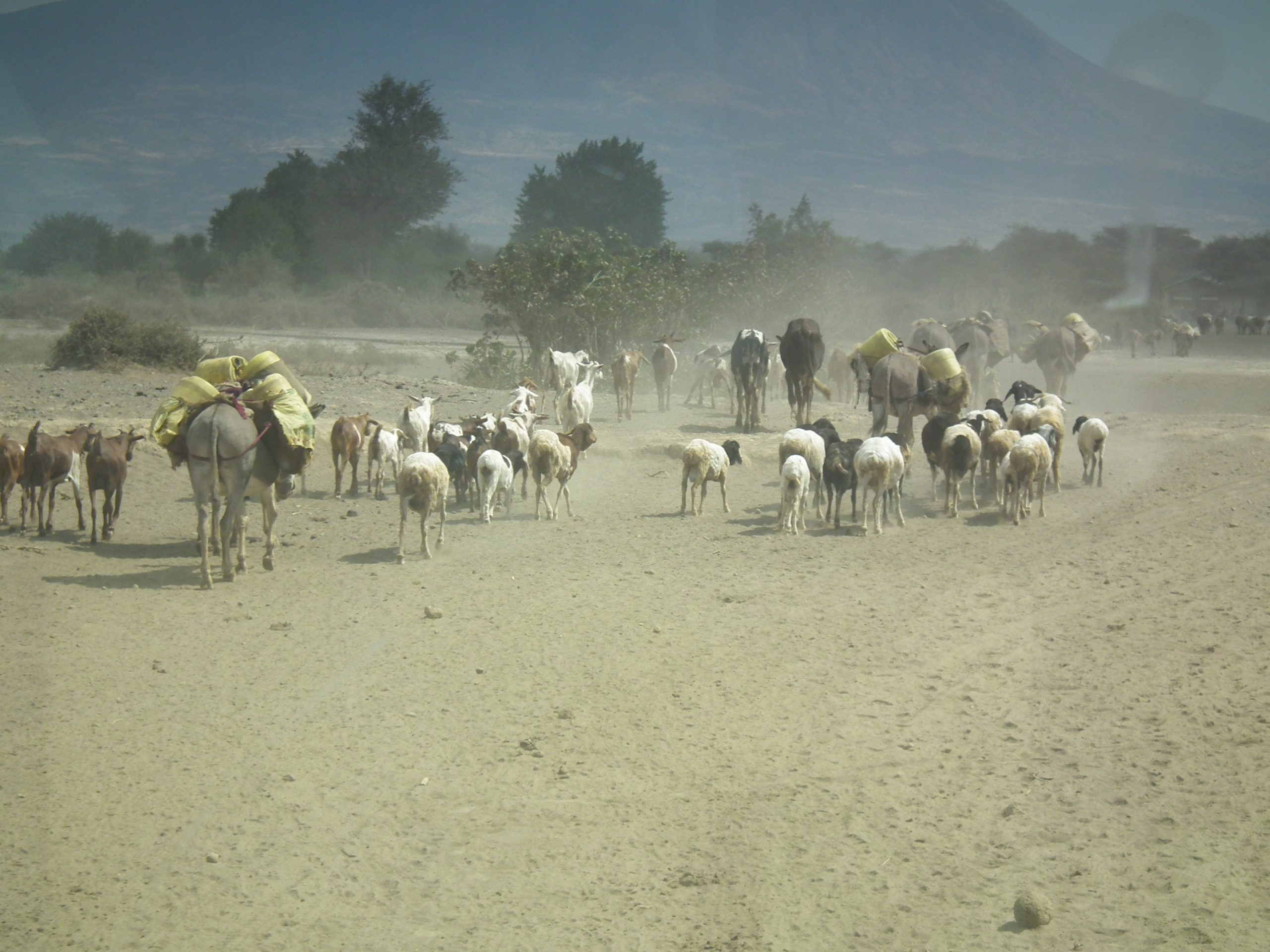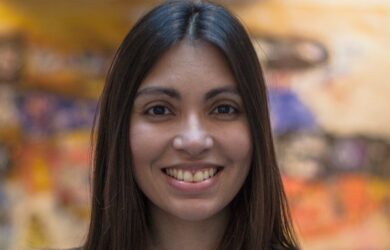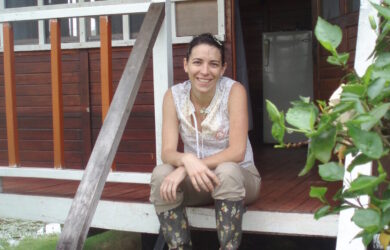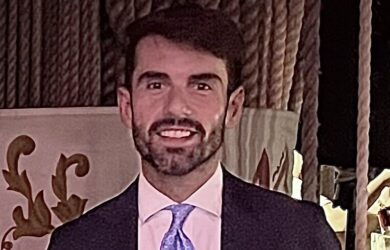
A study led by Dorien Braam looks at the potential impact of forced migration on the spread of zoonotic diseases
The role of livestock in displacement, its impact on host communities, and the potential benefits of maintaining displaced communities’ access to animals, in terms of livelihoods and health, need to be actively researched to better inform policies.
Dorien Braam et al
The impact of climate change on migration patterns, particularly in areas which depend on agriculture and livestock, could affect zoonotic disease transmission yet little research has been done to date.
A new study, led by Gates Cambridge Scholar and Veterinary Science PhD student Dorien Braam [2018], looks at the research that currently exists, but calls for more efforts to be made to plug this knowledge gap given rising migration levels and the difficulty of diagnosing zoonotic diseases.
The research, published in Global Health Research and Policy, shows that any increased risk to human health presented by disease transmission from animals must be assessed against the health benefits to people being able to bring their livestock with them when they are displaced.
Those benefits are mainly related to the ability of those forced to migrate to maintain their livelihoods. That includes access to better nutrition and improved mental wellbeing, both of which are important factors in reducing people’s vulnerability to disease.
The researchers say those benefits provide a strong argument for allowing animals into relief camps if inadequate living conditions and sanitation are addressed appropriately.
They conclude: “The role of livestock in displacement, its impact on host communities, and the potential benefits of maintaining displaced communities’ access to animals, in terms of livelihoods and health, need to be actively researched to better inform policies and programmes related to health, livelihoods and human movement.”
*Picture credit: Nevit Dilmen and Wikimedia commons.












